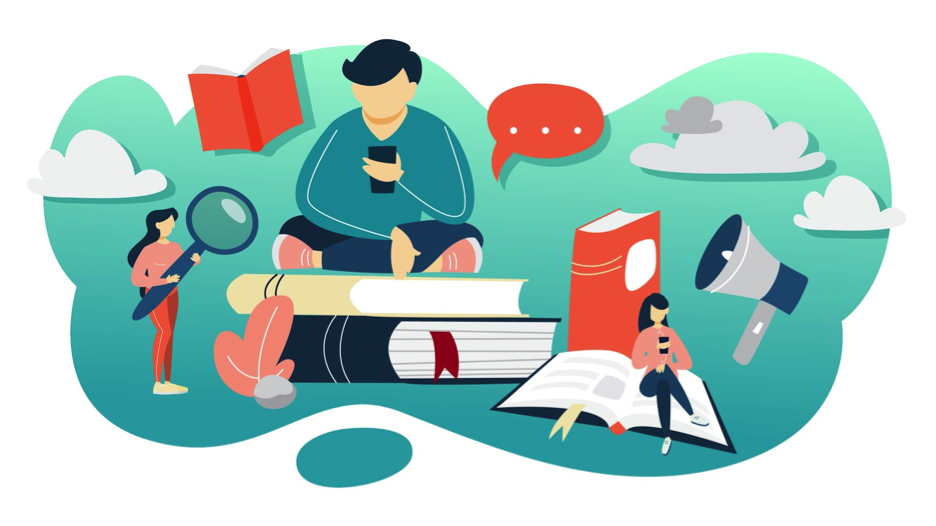|
For many of us, the purpose of education is simply to gain the knowledge needed to achieve our goals. We may remember the long days spent trying to memorize dates for a history test, or element symbols for chemistry, or different identities for math. Education for many has always been, and likely will always be, mainly rooted in the attaining of knowledge that is presented to us.
However, we can’t simply spend our education learning facts; we also have to learn how to learn. This means thinking critically, performing our own investigative research, and assessing credibility whenever we’re learning something. Education shouldn’t be focused simply on teaching others, but should also help us teach ourselves. In the wake of the coronavirus pandemic, a second pandemic has swept the nation, albeit one that we are already familiar with: misinformation. Because this new normal of social distancing and quarantining is unfamiliar to most of us, misinformation and conspiracy theories have run rampant throughout social media and other outlets. It is why, in situations like these, that knowing how to teach ourselves is so important. By looking up information in reputable sources such as US and state government health websites, following the advice of credible health officials and scientists and thinking critically about what we might see on the Internet, we can not only learn more, but also keep ourselves and others safe. While traditional education is rooted in memorizing what we’re told, a greater emphasis needs to be placed on critical thinking. By being able to think for ourselves, and come to our own conclusions about what is correct and what is misleading, we can protect ourselves from the hive mind found on social media. Being able to think critically, especially during a pandemic, can save lives. Gavin Cartier Content Strategists When I first met Rebecca five years ago at my last company where we worked, there was an almost instantaneous connection. I knew right off the bat that she was capable, smart, dependable, and most of all - kind. Within a couple weeks, I was comfortable enough sit down with her and engage in deep conversation in a matter of minutes. Our topics covered almost everything: women's rights, personal relationships, social responsibility, dark chocolate... it's not every day I find someone I connect with on such a meaningful level.
We tend to pick friends who think like us. With such similarities, it is easy, comfortable, and natural for friendship to blossom. However, when a friendship blossoms despite the differences, it can accelerate our growth, pushing us to see another perspective we had never imagined.
I discovered Fumiko Hori's artwork while visiting Hakone, Japan, where the Narukawa Museum held a special memorial exhibition for Ms. Hori’s artwork to commemorate her passing in February 2019. I was awestruck by Ms. Hori’s creativity and curiosity; her relentless pursuit of her passion is evident in all of her eclectic pieces. Born in 1918, Ms. Hori lived through turbulent times to be one hundred years old. Over her long life, Ms. Hori traveled to the Himalayas, South America, Europe, and the United States for her inspiration, and when she became physically too frail to travel in her advanced age, she armed herself with a microscope and “traveled” into the world of microorganisms and microbes for her art.
Get your Giving Tuesday all done by giving to Jezuba!
We founded Jezuba as a 501(c)(3), non-profit organization to show appreciation for what we have by teaching the next generation the art of charity and creating goodwill with a positive social and economic impact. |
Categories
All
Archives
June 2023
|


 RSS Feed
RSS Feed
